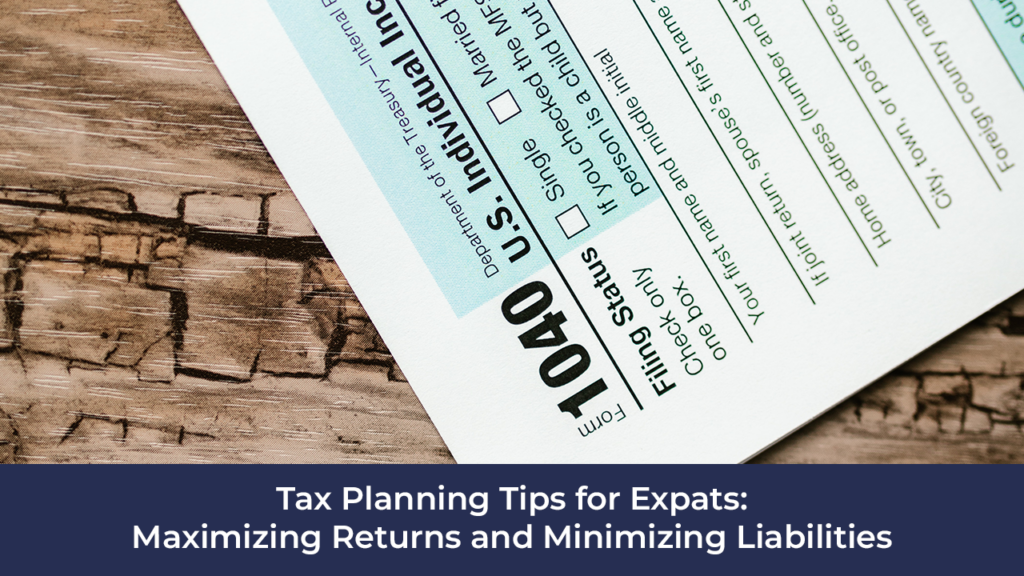As an expat living and working in Germany, understanding the country’s pension system is crucial for securing a financially stable future. Germany boasts a robust and comprehensive pension system designed to provide retirement benefits and financial security to its citizens. However, for expats, navigating this system can be challenging due to the complexities of eligibility, contribution options, and understanding the different types of pensions available. In this article, we will take an in-depth look at the German pension system, explaining the various types of pensions, eligibility criteria, contribution options, and provide insights on how expats can maximize their pension benefits.
The Three Pillars of the German Pension System
The German pension system is based on the concept of three pillars, each serving a specific purpose to ensure comprehensive retirement benefits:
Statutory (Public) Pension Scheme:
The statutory pension scheme, also known as the „first pillar,“ is the foundation of the German pension system. It is a pay-as-you-go system, where current workers‘ contributions fund the pensions of current retirees. Expats who are employed in Germany and meet certain criteria become contributors to this scheme.
Company or Occupational Pensions:
The second pillar comprises company or occupational pensions. All German employers have to offer pension plans to their employees, providing additional retirement benefits beyond the statutory pension. Expats working in companies have the opportunity to participate.
Private Pensions and Individual Savings:
The third pillar involves private pensions and individual savings. This includes private pension plans, retirement savings accounts, and other investments that individuals can make to supplement their retirement income.
Types of Statutory Pensions
Old Age Pension:
The Old Age Pension is the most common form of statutory pension. It is intended to provide financial support to individuals after they reach the statutory retirement age, which is currently 67 years in Germany.
Disability Pension:
The Disability Pension is available to individuals who become permanently disabled due to illness or accidents. Expats who have contributed to the statutory pension scheme may be eligible for this pension if they meet specific disability criteria.
Survivors‘ Pension:
The Survivors‘ Pension provides financial support to the surviving spouse, partner, or children of a deceased contributor to the statutory pension scheme.
Eligibility Criteria for Expats
Expats can be eligible for the German statutory pension scheme under certain conditions:
Residency Requirements:
Expats must have a legal residence in Germany to qualify for the statutory pension. They must also have a valid residence permit or work visa.
Contribution Period:
To receive a full pension, expats generally need to contribute to the pension system for at least 60 months. However, the eligibility requirements may vary based on individual circumstances.
Totalization Agreements:
Expats who have contributed to the pension system in their home country may be able to count those periods towards their eligibility for the German pension through bilateral social security agreements.
Contribution Options for Expats
As an expat working in Germany, you have the following contribution options for the statutory pension:
Employee Contributions:
Employees in Germany have a portion of their salary automatically deducted for pension contributions. The employer matches this amount.
Self-Employed Contributions:
Self-employed expats can voluntarily contribute to the statutory pension system. These contributions are tax-deductible and can help build eligibility for pension benefits.
Totalization Agreements:
Expats from countries with totalization agreements can choose to continue contributing to their home country’s pension system while working in Germany. These contributions may be counted towards both systems.
Maximizing Pension Benefits for Expats
To maximize their pension benefits, expats should consider the following strategies:
Early Planning:
Start planning for retirement and pension contributions as soon as you begin working in Germany. The earlier you start, the more time your investments have to grow.
Supplementary Private Pensions:
Consider contributing to private pension plans and individual savings accounts to supplement your statutory pension and increase your overall retirement income.
Optimize Employer Contributions:
If your employer offers company or occupational pension schemes, make the most of them by contributing the maximum allowed that is tax and social security free and taking advantage of any employer matching programs.
Review Totalization Agreements:
If your home country has a totalization agreement with Germany, explore the possibilities of continuing contributions to your home country’s pension system while working in Germany.
Conclusion
Understanding the German pension system is crucial for expats to ensure financial security during their retirement years. By comprehending the different types of pensions available, eligibility criteria, contribution options, and implementing effective strategies, expats can maximize their pension benefits and plan for a financially stable future in Germany. Whether you choose to rely solely on the statutory pension or supplement it with private pension plans and individual savings, early planning and informed decision-making are the keys to a secure retirement.





